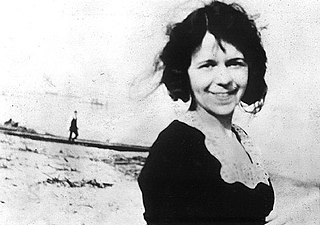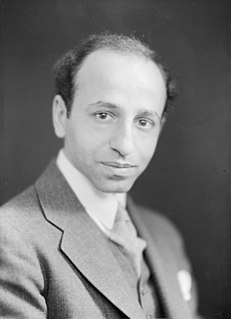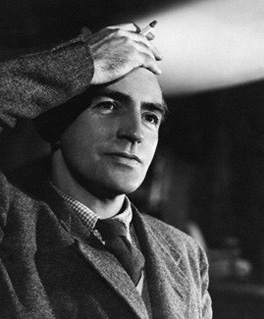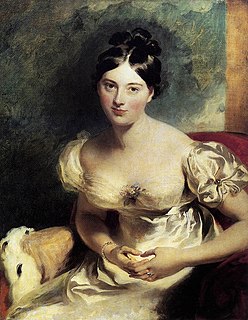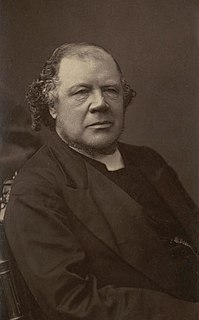A Quote by Dawn Powell
The basis of tragedy is man's helplessness against disease, war and death; the basis of comedy is man's helplessness against vanity (the vanity of love, greed, lust, power).
Related Quotes
Tragedy massages the human ego even as comedy deflates it. ... Tragedy pits us against large foes and the trip wire is our own character. ... In comedy we fall afoul of one another. Comedy depends on social life, on our behavior in groups. In tragedy you can observe one human against the gods. In comedy it's one human versus other humans and often one man (or woman if I'm writing it) against her own worst impulses.
But I know I would not go out. I had taken this time to fall in love instead — in love with the sort of helplessness I had not felt in death — the helplessness of being alive, the dark bright pity of being human — feeling as you went, groping in corners and opening your arms to light - all of it part of navigating the unknown.
The difference between tragedy and comedy is the difference between experience and intuition. In the experience we strive against every condition of our animal life: against death, against the frustration of ambition, against the instability of human love. In the intuition we trust the arduous eccentricities we're born to, and see the oddness of a creature who has never got acclimatized to being created.
Right now I am full of greed and vanity, so I cannot live with you like before. But may be we can meet like this. I think just being together and talking would be nice. But when we grow old, when greed and vanity will be completely gone, when I will be tired of singing can I return to that place too?
Listen, my friend! Your helplessness is your best prayer. It calls from your heart to the heart of God with greater effect than all your uttered pleas. He hears it from the very moment that you are seized with helplessness, and He becomes actively engaged at once in hearing and answering the prayer of your helplessness.
